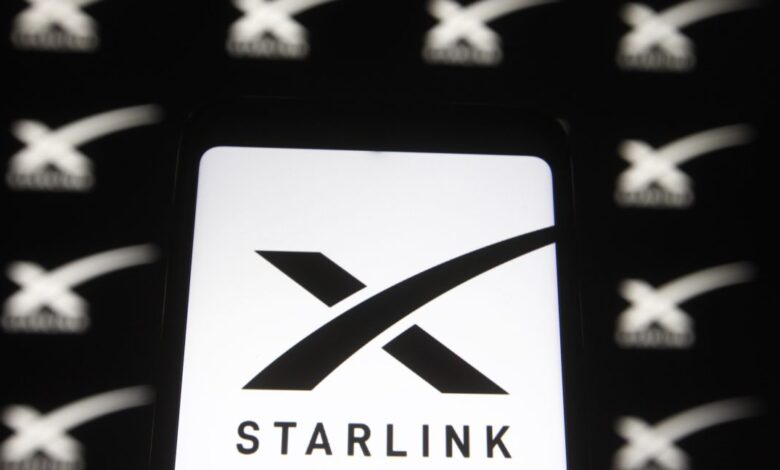Starlink Fights Virginia’s Fiber Internet Expansion Plan

▼ Summary
– SpaceX is opposing Virginia’s fiber Internet plan, arguing federal grants should fund Starlink instead, despite already being set to receive $3 million in state grants while seeking $60 million.
– The Trump administration revised BEAD grant rules to favor a “tech-neutral approach,” prioritizing cost efficiency over Biden’s fiber-first strategy, benefiting Starlink’s funding prospects.
– SpaceX criticized Virginia’s proposal as wasteful and biased toward fiber, urging the NTIA to reject it, potentially sparking a dispute between the Trump administration and Virginia’s Republican governor.
– Starlink and the Trump administration advocate for equal treatment of satellite and fiber technologies in grant allocations, despite fiber’s long-term advantages.
– Starlink is considered more suitable for remote areas due to capacity limits, but SpaceX is pushing for broader grant eligibility to compete with fiber projects.
SpaceX is challenging Virginia’s ambitious fiber internet expansion plans, arguing that federal grant money should be diverted to its Starlink satellite service instead. The company, which stands to receive over $3 million in state funding, is pushing for a significantly larger $60 million allocation.
This dispute stems from conflicting federal policies on broadband deployment. The Biden administration prioritized fiber-optic networks for their long-term reliability, while the Trump administration advocated a “tech-neutral” approach, favoring lower-cost alternatives like satellite internet. SpaceX is leveraging these revised rules to contest Virginia’s proposal, which heavily favors fiber infrastructure.
In a recent filing with the National Telecommunications and Information Administration (NTIA), SpaceX accused Virginia of wasting taxpayer dollars by ignoring the Trump-era reforms. The company criticized the state’s “fiber bias,” claiming it delays broadband access and inflates costs compared to faster, more affordable satellite solutions.
Virginia’s plan, backed by Republican Governor Glenn Youngkin, now faces potential rejection by federal regulators. If blocked, it could spark a political clash between state leaders and the Trump administration, despite their shared party affiliation.
Starlink’s push for equal funding highlights a broader debate over how to bridge the digital divide. While satellite technology excels in remote areas, critics argue that fiber remains the gold standard for speed and scalability. The outcome of this dispute could shape how billions in federal broadband grants are allocated nationwide.
(Source: Ars Technica)





